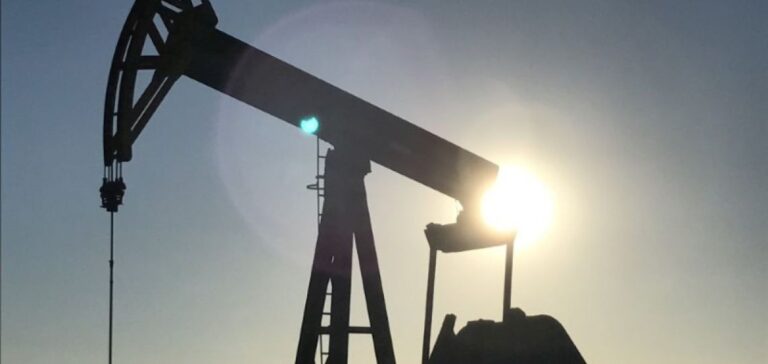Thanks to discussions over the past few months, in particular on four occasions between Prime Minister Al-Soudani and CEO Patrick Pouyanné, the Iraqi government and TotalEnergies have confirmed all the terms of the Development & Production Contract signed in 2021 and jointly defined the conditions and mutual assurances necessary to move forward on the GGIP (Gas Growth Integrated Project).
The Iraqi government and TotalEnergies have agreed on a 30% stake for Basrah Oil Company (BOC) in the GGIP project. In addition, in agreement with the Iraqi government, TotalEnergies has invited QatarEnergy to take a 25% stake in the project. The consortium will be composed of TotalEnergies (45%), Basrah Oil Company (30%) and QatarEnergy (25%).
TotalEnergies welcomes the continuity of the State of Iraq’s word on this contract, which sends a strong and positive signal for foreign investment in the country. Signed in September 2021, the GGIP project aims to develop Iraq’s natural resources to improve the country’s electricity supply. Under the agreements, TotalEnergies and its partners will invest approximately $10 billion (in 100%) to, among other things: recover flared gas from three oil fields to supply gas to power plants, build a seawater treatment plant to maintain oil field pressure and increase regional production.
In addition, TotalEnergies will develop a giant 1 GW solar power plant to supply the Basra region’s electricity grid. In agreement with the Iraqi authorities, TotalEnergies has invited the Saudi company ACWA Power to participate in this solar project.
*** About TotalEnergies TotalEnergies is a global multi-energy production and supply company: oil and biofuels, natural gas and green gas, renewables and electricity. Its more than 100,000 employees are committed to making energy ever more affordable, cleaner, more reliable and accessible to the greatest number of people. Present in more than 130 countries, TotalEnergies places sustainable development in all its dimensions at the heart of its projects and operations to contribute to the well-being of populations.






















